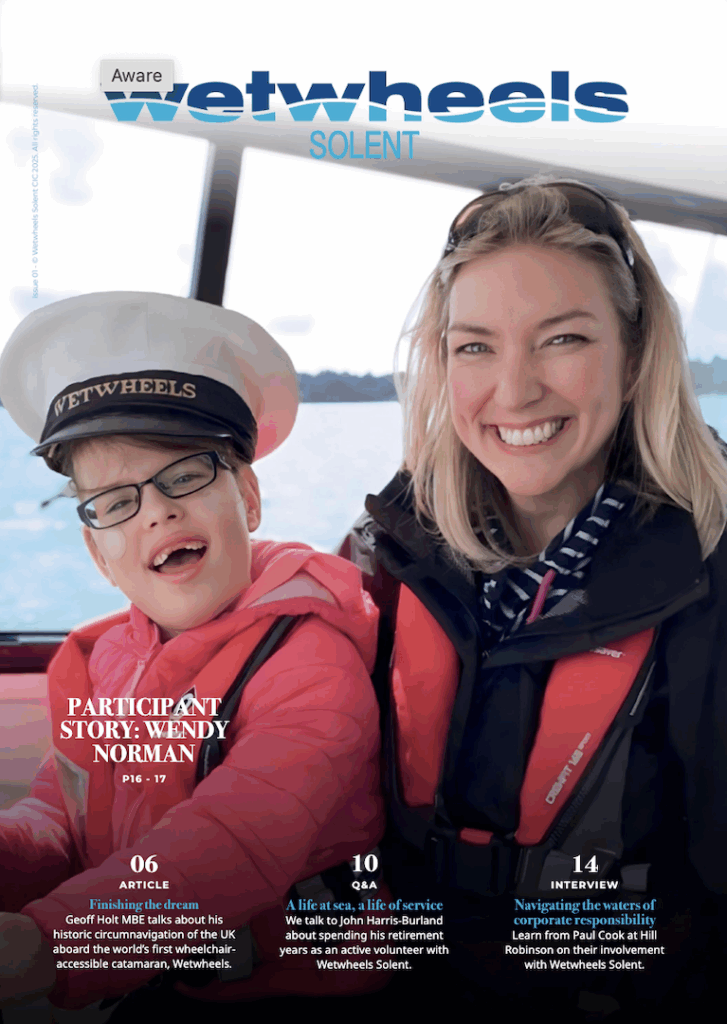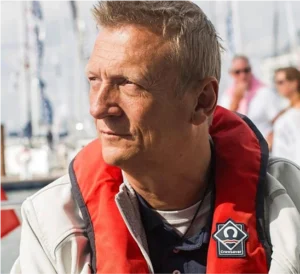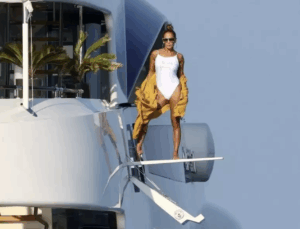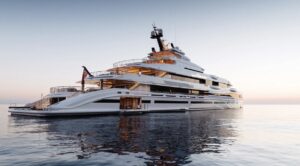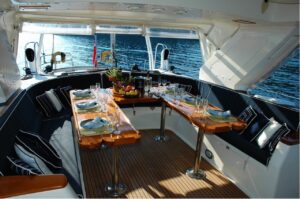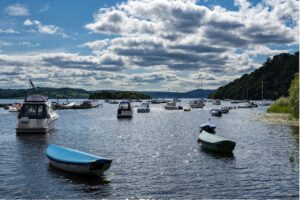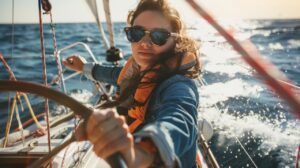Paralympic sailing, a discipline that once exemplified the spirit of independence, resilience, and competition, has found itself on the sidelines in recent editions of the Paralympic Games. First introduced as a demonstration sport in Atlanta 1996 and officially included in Sydney 2000, Paralympic sailing remained part of the Games until Rio 2016. Since then, however, it has been excluded — largely due to the International Paralympic Committee’s (IPC) criteria around global participation and development structures.
Despite its absence, the international sailing community, led by World Sailing, has refused to let the sport fade into the background. Instead, it has launched a renewed campaign to bring sailing back into the Paralympic spotlight — with fresh energy, broader inclusion, and new technological approaches. As the campaign to reinstate sailing into the 2032 Brisbane Paralympic Games gains momentum, interest in adaptive sailing is growing once more.
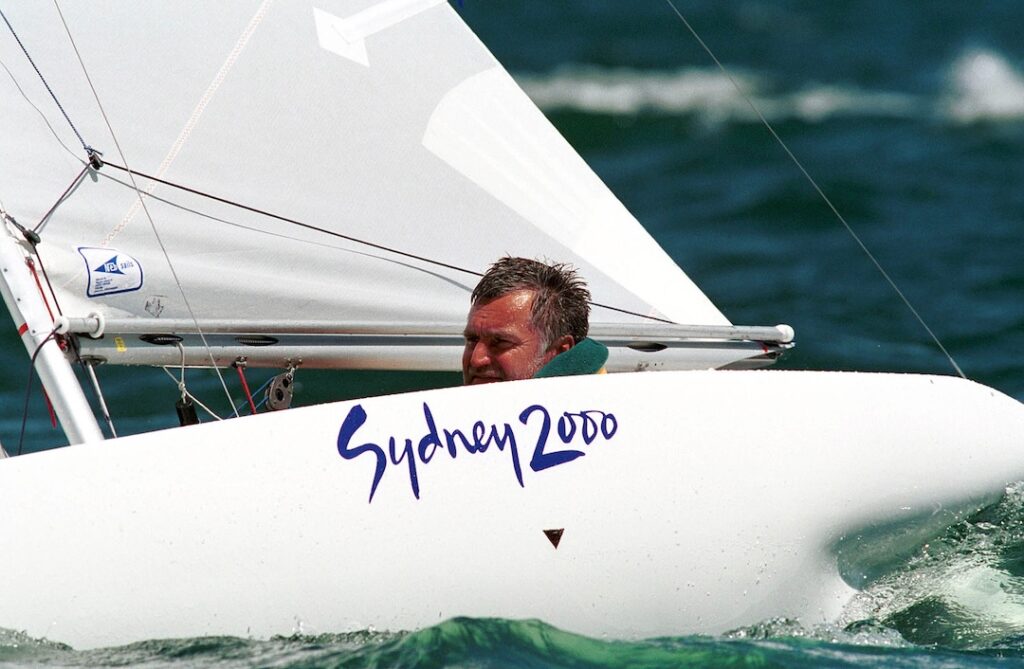
A brief history of paralympic sailing
Sailing made its Paralympic debut as a full medal sport in Sydney 2000, offering athletes with physical impairments the chance to race on equal terms. Over the years, the sport gained recognition for its unique combination of strategy, teamwork, and independence. Unlike many other Paralympic sports, sailing allowed athletes with a wide range of impairments — including quadriplegia and severe limb loss — to compete using specially adapted boats and technology.
Events were held in three classes: the *2.4mR, a single-person keelboat; the **SKUD 18, a two-person keelboat; and the *Sonar, a three-person keelboat. These classes were carefully chosen for their adaptability and stability, allowing sailors with varying abilities to race competitively.
However, sailing was dropped from the Tokyo 2020 Paralympics due to not meeting the IPC’s minimum criteria for global reach — which requires at least 32 countries actively participating on four continents. This exclusion was a blow to the adaptive sailing community, but it also triggered a wave of innovation and renewed effort to broaden participation and promote the sport globally.
World sailing’s strategy to reinstate the sport
In response to sailing’s removal from the Paralympics, World Sailing developed an ambitious strategic plan to reestablish the sport’s presence at the Games. Central to this is the Paralympic Development Program (PDP), which aims to build capacity in underrepresented nations and develop grassroots adaptive sailing. Clinics have been launched across Africa, Asia, and South America to foster new talent and increase national representation.
Additionally, World Sailing has introduced a long-term strategic goal: achieving 45 nations on five continents actively participating in para sailing by 2026 — a move designed to surpass the IPC’s minimum criteria and show that sailing is a truly global and inclusive sport.
World Sailing’s #BacktheBid campaign, launched in 2022, garnered widespread support from athletes, national federations, and disability sport advocates. Though the bid to re-enter for LA 2028 was unsuccessful, the community’s attention has turned with renewed focus to Brisbane 2032.
The boats: Innovation and accessibility
One of the key factors in making para sailing accessible is the design and adaptability of the boats. Traditional Paralympic classes like the 2.4mR remain popular due to their single-handed, sit-in style, which is highly adaptable to a range of physical impairments.
However, the future of Paralympic sailing may lie in newer, more inclusive designs — most notably the RS Venture Connect. Developed by RS Sailing, this two-person keelboat was designed specifically for inclusivity and ease of access. The RS Venture Connect allows for a wide variety of modifications, including joystick steering, seating support, and even sip-and-puff controls for sailors with severe impairments. Its stability, simplicity, and versatility make it ideal for developing nations and for programs looking to introduce newcomers to the sport.
The RS Venture Connect is now being widely used in para sailing development programs around the world and is viewed as a likely candidate for any future Paralympic sailing class list, should the sport be reinstated.
Classification: Ensuring fair competition
The classification system in para sailing is built around the World Sailing Functional Classification Code. Athletes are evaluated and given a classification point score based on their level of impairment. Events are then structured so that teams do not exceed a maximum point limit, ensuring a level playing field while encouraging mixed-ability teams and inclusion.
For example, in double- or triple-handed events, crew composition must meet certain classification combinations — promoting diversity of impairment within each team. This system has historically encouraged creative teamwork and has set para sailing apart from many other sports in terms of inclusivity.
Looking ahead: Prospects for reinstatement
While the disappointment of exclusion from the 2028 Games remains fresh, the long-term outlook is cautiously optimistic. World Sailing’s growing list of member nations participating in para sailing, its commitment to inclusive equipment like the RS Venture Connect, and its ongoing investment in development all point to a strong case for reinstatement in 2032.
The next few years will be crucial. With expanding international participation, increased visibility through global events, and a passionate community of athletes and advocates, the campaign to bring sailing back to the Paralympic Games is gaining real traction.
Whether or not sailing returns in 2032, one thing is certain: the spirit of para sailing — built on independence, adaptability, and teamwork — is very much alive and thriving.
Frequently asked questions
Why is sailing not in the Paralympics?
What are the categories for sailing in the Paralympics?
What are the classes for the Paralympic sailing?
What is a low IQ for Paralympic?
Are there autistic Olympians?
What is Harry Stewart’s disability?
Is ADHD a Paralympic disability?
Why is there no sailing in the Paralympics?
What are the categories for sailing in the Paralympics?
What are the rules to be in the Paralympics?
What are the classes for the Paralympic sailing?
How disabled do you have to be to be in the Paralympics?
What are the sailing boats used at the Olympics?
How many countries are in the Paralympics?
What countries do not participate in the Paralympics?
Where does the word Paralympics come from?
About Geoff Holt
Geoff Holt MBE DL is a globally respected adventurer, entrepreneur, and advocate for disability inclusion who has spent the last four decades pushing the boundaries of what’s possible—on land and at sea. Paralysed in a swimming accident in 1984, Geoff has since redefined what it means to live without limits.
In 1995, Geoff became the inaugural Chairman of RYA Sailability, championing accessible sailing for people with disabilities. Just over a decade later, he made history as the first severely disabled person to sail single-handed around Great Britain (2007), earning him the BBC South Sports Personality of the Year and a nomination for Yachtsman of the Year. He followed this in 2010 by becoming the first quadriplegic to sail unassisted across the Atlantic Ocean. His 3,000-mile journey aboard the purpose-built 60ft catamaran Impossible Dream took four weeks and captured the imagination of the world.
Recognition followed swiftly: the RYA Francis Elkin Award, a British Airways Great Briton Award, and in June 2010, an MBE for services to disabled sailing. In 2011, he received the prestigious YJA Pantaenius Yachtsman of the Year—an honour he calls “the knighthood of yachting.”
But Geoff’s ambitions have always been about more than personal achievement. He’s represented the UK on the International Disabled Sailing Committee and chaired the RYA’s Paralympic Steering Committee for both the 1996 Atlanta and 2012 London Paralympic Games. An accomplished competitive sailor in his own right, Geoff has won bronze medals representing Great Britain in both Australia and the USA. He also became the first person to gain a powerboat licence while using a wheelchair.
Geoff’s passion for access and inclusion led him to found Wetwheels Solent, a pioneering social enterprise offering barrier-free powerboating experiences. Designed and built under his direction, Wetwheels was the first purpose-built, fully wheelchair-accessible powerboat. Based in Portsmouth, the 30ft catamaran regularly takes disabled passengers out into the Solent, offering freedom, confidence, and joy through the power of open water. The Wetwheels model has grown into a national charity – Wetwheels Foundation – supporting similar boats across the UK.
His impact extends to governance and advocacy, as a member of the RYA Board and Council, and as Patron or Ambassador to numerous organisations including the Disabled Powerboating Trust, Southern Spinal Injuries Trust, Rose Road Association, and several Sailability groups.
Geoff is also a published author – his autobiography Walking on Water (2008) received wide acclaim—and a regular columnist and broadcaster, co-hosting BBC Radio Solent’s H2O Show with Sir Robin Knox-Johnston.
In 2015, Geoff won the Stelios Award for Disabled Entrepreneurs in the UK in recognition of his leadership as CEO of Wetwheels. And in 2024, to mark 40 years in a wheelchair, Geoff launched one of his most ambitious challenges yet: skippering a Wetwheels boat from London to 17 accessible ports around the UK. This epic journey named “Finishing The Dream” aimed to raise £1.2 million to fund four new Wetwheels vessels and share the transformational experience of powerboating with even more disabled people across the country.
Through every voyage, award, and campaign, Geoff’s mission has been unwavering: to ensure that disability is never a barrier to living boldly, sailing freely, and dreaming without limits.
You can find out more about Wetwheels Solent in their inaugural magazine:
Click on the link here: bit.ly/WetwheelsSolentIssuu1
